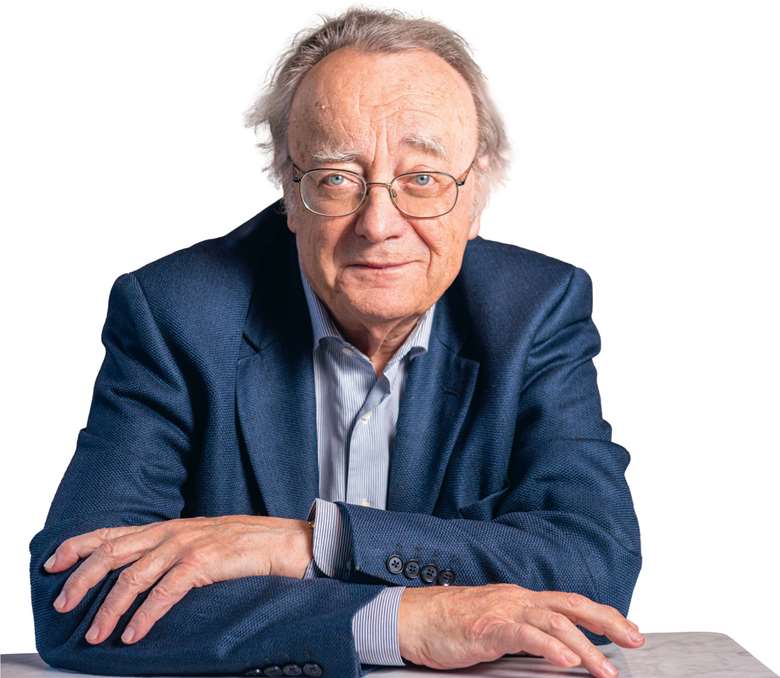Alfred Brendel interview: timeless greats
Julian Haylock
Wednesday, November 2, 2022
Julian Haylock meets the pianist, author and composer Alfred Brendel, who looks back over his long career in a wide-ranging interview about the music he loves most – and why

AINHOA GOMÀ
Register now to continue reading
This article is from International Piano. Register today to enjoy our dedicated coverage of the piano world, including:
- Free access to 3 subscriber-only articles per month
- Unlimited access to International Piano's news pages
- Monthly newsletter






